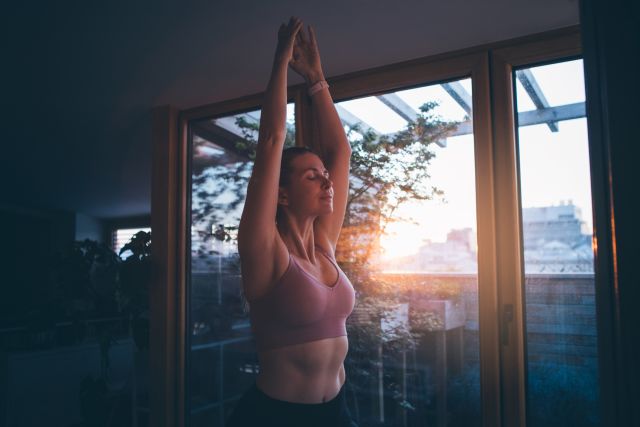If you have psoriasis, the very idea of a flare-up probably hangs over you like a black cloud. Flares are when the skin condition, which was previously under control, suddenly worsens and spreads, sometimes dramatically so. Perhaps the worst part about them is their unpredictability -- often, they seem to come out of nowhere, and who knows how long they’ll last.
Fortunately, research is beginning to figure out who is most likely to get them, and why.
A study presented at a 2015 American Academy of Dermatology meeting looked back at medical charts of 568 people with psoriasis. Though nearly all the patients were being treated for their condition, many of them suffered flares anyway. On average, each person had two flares in the previous year, lasting about a month at a time.
Flares were most likely among people who had more serious cases of psoriasis, either in terms of the severity of symptoms or amount of skin involved. People who were newly diagnosed had more flares (likely because they hadn’t yet settled on an effective treatment), and women were somewhat more at risk than men.
Other trends emerged. Flares were associated with anxiety, which is an often-reported trigger. And people who were receiving biologic medications were less likely (56%) to have a flare than those who received other treatments (77%).
Your flare-fighting plan
Though a lot is yet unknown about the causes of flares, the study suggests some things you can do to keep them at bay:
Sidestep stress. Don’t be afraid to slow down or say no when life gets too demanding. If it’s not possible to eliminate stressors, experiment to find the coping strategy—maybe it's meditation, exercise or organization—that works best for you.
Make medical treatment a priority. Too many people don't do this, research shows. Don’t delay in making an appointment with a dermatologist. Psoriasis treatment often involves trial-and-error at first, but you can speed up the process by being honest with your doctor about which remedies are helping, or not.
Try to find your triggers. These vary from person to person, but common triggers include changes in the weather, dry skin, colds and other infections, sunburns and cuts or scrapes. Sometimes flares may not appear for weeks after the triggering event, so keeping a symptom journal can help you connect the dots. Know also that certain medications are known to bring on flares, including some blood pressure medications, lithium and the hormone progesterone.





